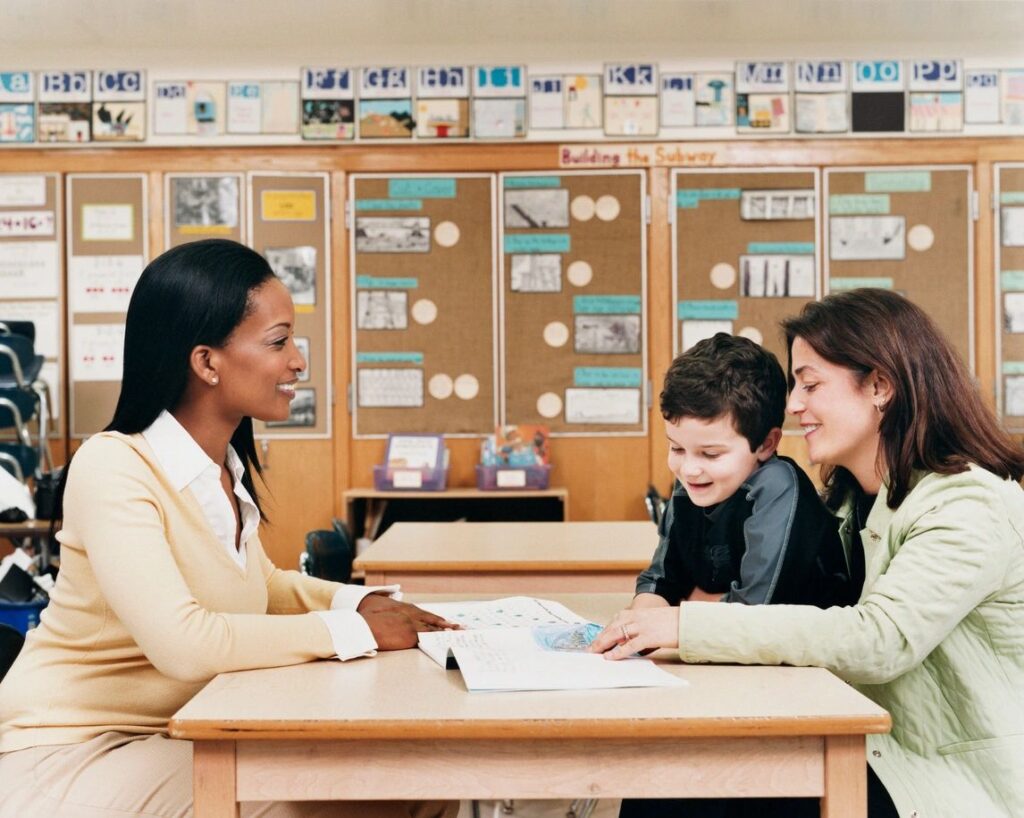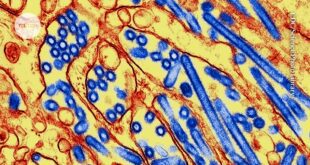Georgia Introduces New Approach to Early Reading Instruction

Georgia is gearing up to implement a new approach to teaching reading in the early grades. Gov. Brian Kemp recently signed into law two literacy bills passed during this year’s legislative session. About 36% of Georgia third graders read below grade level, according to the state’s 2022 Milestones test results, and around 17% of the state’s adults lack basic literacy skills. The new laws aim at improving those numbers by introducing two related approaches to literacy instruction: “the science of reading” and “structured literacy.”
Understanding the Approach
“Science of reading is sort of a relatively new term that bundles together … the role and necessity of systematic instruction on phonics, phonemic awareness, fluency as well as comprehension and vocabulary,” said Sarah Woulfin, an associate professor at the College of Education at the University of Texas-Austin.
“Structured literacy,” as defined by one of the new literacy laws, refers to an “evidence-based approach to teaching oral and written language … characterized by explicit, systematic, cumulative, and diagnostic instruction.” The new law names six specific topics of focus: phonology, sound-symbol association, syllable instruction, morphology, syntax, and semantics.
The new laws mandate that school districts use evidence-backed approaches and aim to ensure consistent adoption across the state. That’s key to ensuring educational equity, proponents of the approach argue.
Challenges Ahead
The lofty literacy goals found in the new legislation will need to be backed by careful implementation at the district and school levels to produce results. Funding is another possible obstacle to the success of the initiative. The early literacy bill did not have specific funds in the budget earmarked for it. It’s possible that additional funds could be allocated to the measure during next year’s legislative session.
“We always need resources in order to teach reading effectively,” said Lisa Morgan, president of the Georgia Association of Educators. “We need books in our classroom that are engaging on a variety of levels. The books that we have in our classrooms need to reflect the diversity of our students in the world.”
When Chattahoochee County implemented a science of reading approach, it took a large commitment of resources. “It’s been a heavy lift financially. And it’s also a heavy lift, time-commitment wise,” said Kristie Brooks, the district’s superintendent. “We have had two-and-a-half years of intense training and coaching and classroom modeling. It was so important that it was done correctly.”
Brooks said the investment has been worth it for her district. “We have been just so pleased with the work that we have seen,” she said.
 Mind Uncharted Explore. Discover. Learn.
Mind Uncharted Explore. Discover. Learn.

